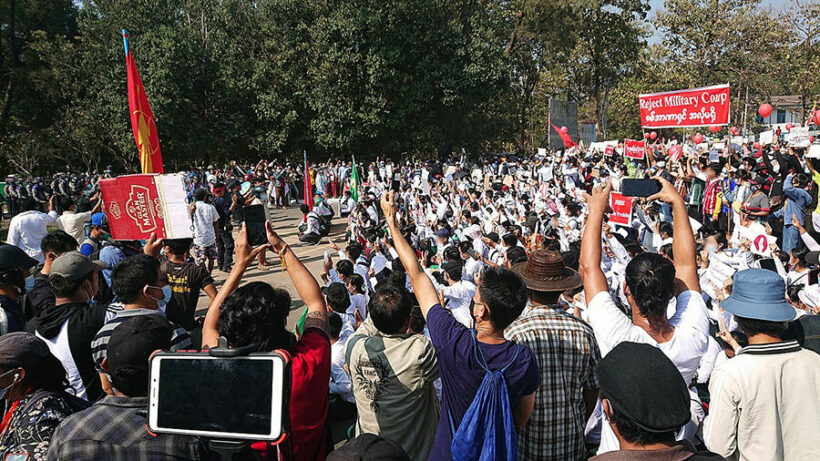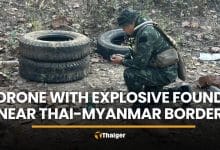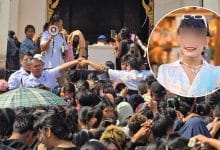Two years ago today: the Burmese military coup

Today marks a cruel and tragic anniversary. It was on this day two years ago that military chief Senior General Min Aung Hlaing marched his troops on the Burmese capital and overthrew Myanmar’s elected government. They immediately arrested the democratically elected leader, Aung San Suu Kyi.
The conflict between the Burmese military and anti-coup activists has escalated with widespread violence across the country. In the past year, the military junta intensified its efforts to eradicate all opposition to its power.
Since the coup, the world has watched in horror as the Burmese military implemented severe measures to maintain its power. The death toll has been staggering as the military cracked down on protestors in the major cities and clashed with rebel insurgents in the countryside, frequently including alarmingly close to the Thai border.
Aung San Suu Kyi was convicted in closed proceedings on a range of charges that could see her behind bars for the rest of her life. The Burmese military also made international headlines when it hanged four anti-coup activists, marking the first use of the death penalty in over 30 years.
The junta has also escalated its crackdown on the anti-coup movement, relying on air power and deepening its ties with Russia, a key weapons supplier. Despite diplomatic efforts to restore the civilian government and end the violence, progress has been limited.
Akila Radhakrishnan, President of the Global Justice Center, spoke out against the lack of action by the rest of the world and called for the global community to step up to help the people of Myanmar.
“It’s critical we reflect on the international community’s myriad failures in response to a crisis that remains as urgent today as it was two years ago. It is never too late for the international community to learn from its mistakes. The UN Security Council could follow its recent and first-ever resolution on Myanmar with a comprehensive and ongoing plan of action that includes measures like a global arms embargo and a referral to the International Criminal Court.”
Latest Thailand News
Follow The Thaiger on Google News:


























